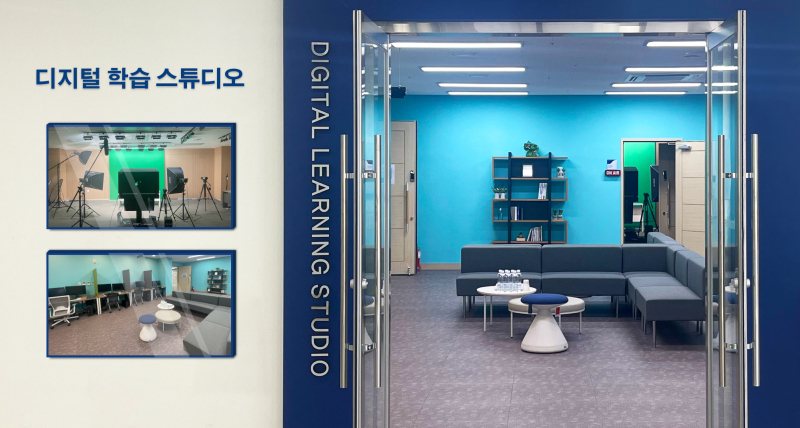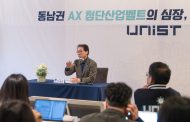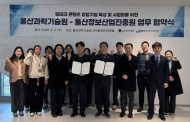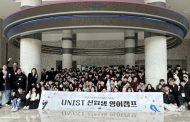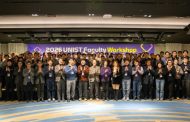UNIST has released a series of massive open online courses (MOOCs) taught by professors, affiliated with the Department of Biomedical Engineering, Department of Nuclear Engineering, Department of Chemistry, and School of Liberal Arts at UNIST through the homepage of STAR-MOOC (https://unist.edwith.org).
Established in 2017 by the Ministry of Science and ICT (MSIT), the STAR-MOOC (Science & Technology Advanced Research Massive Open Online Course) is an online learning platform to facilitate collaboration in teaching and learning amongst six S&T specialized universities, including UNIST, KAIST, DGIST, GIST, and POSTECH. The aim is to strengthen online education capabilities and develop MOOCs that combined their expertise in science and technology, respectively. These courses are available free of charge and open to the general public.
Through STAR-MOOC, UNIST has been developing and providing various courses in science and engineering. Since 2017, UNIST has been operating a total of 20 MOOC courses.
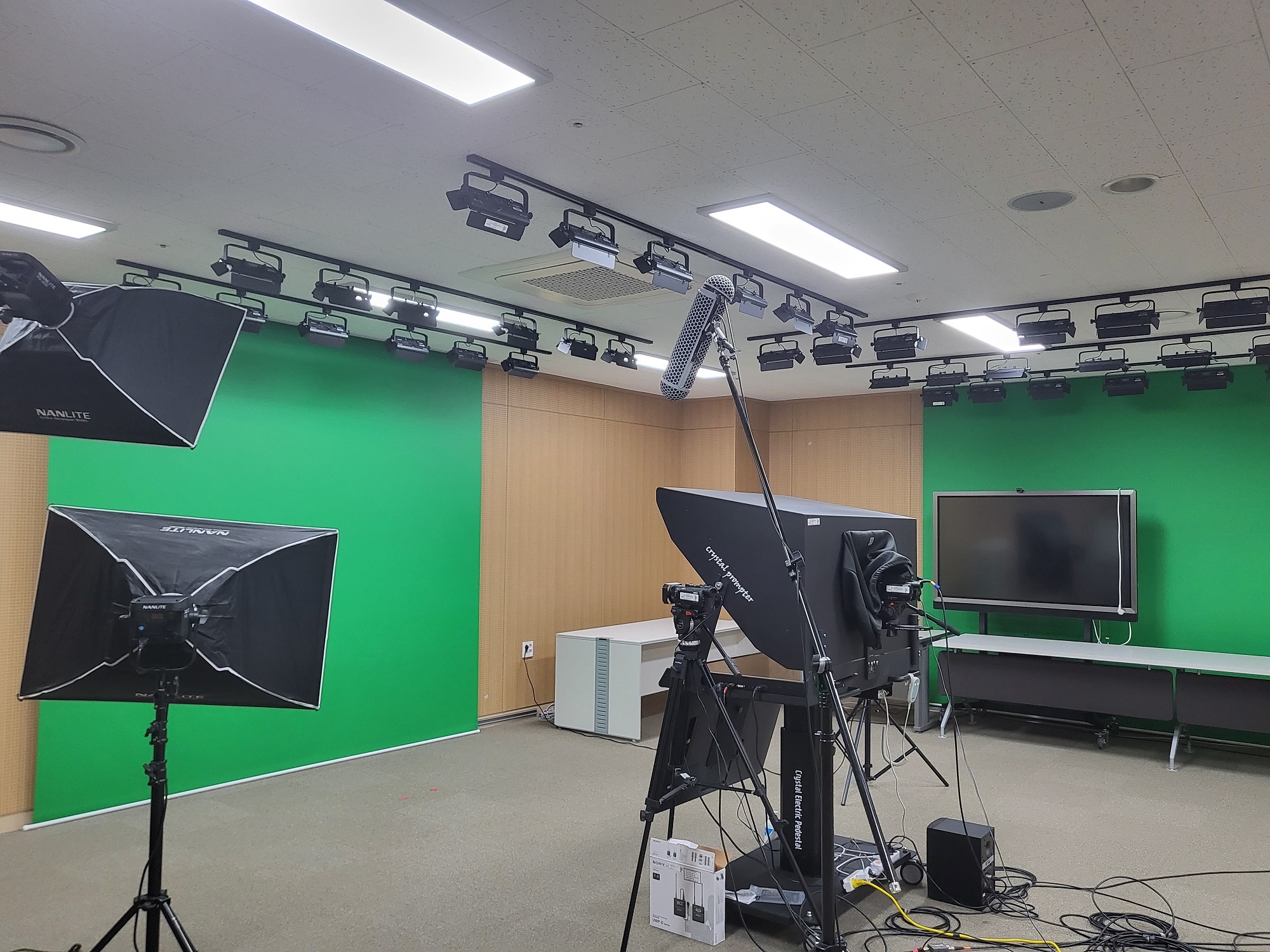
The digital media production studio at UNIST.
STAR-MOOC is being filmed and edited at the UNIST Digital Learning Studio, which opened in 2022. Through the new studio, it will be possible to produce high-quality lecture contents that are differentiated from before. It is equipped with broadcasting equipment such as large prompters, multiple high-performance cameras, SmartBoards, Chroma Key, and abundant lighting to shoot lectures and department promotional videos in open studios and personal YouTube videos in one-person studios. The studio has a separate editing space, and video editing education videos are also available free of charge.
The UNIST Innovative Education Center will announce the production plan for the 2023 STAR-MOOC lectures for UNIST professors in April, and thus select a total of five subjects. It also plans to recruit student supporters to directly participate in the production of MOOC courses.
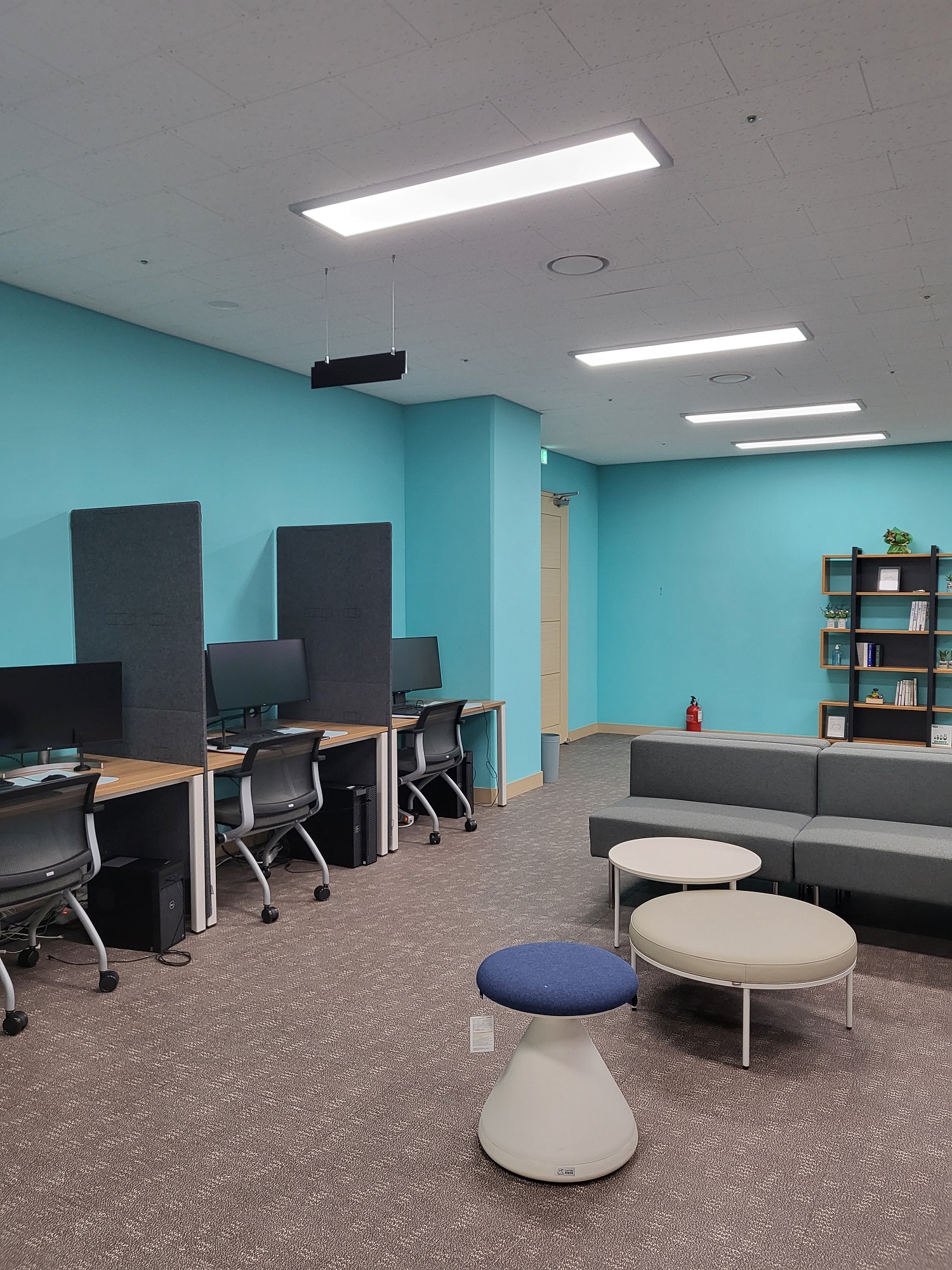
This is the inside of the digital studio at UNIST.
The UNIST STAR-MOOC Supporters will be working in three groups to drive the production of UNIST MOOC courses by communicating with professors in charge of each lecture and participating in the production process—including recording, editing, and adding closed captions at the UNIST Digital Learning Studio. The center also plans to expand the field of studio utilization by supplementing additional filming equipment in the future to showcase various studio utilization projects for students.
Meanwhile, reservations and usage inquiries related to the digital learning studio can be made through the UNIST Innovative Education Center (052-217-4103, coolxjay@unist.ac.kr ), and it is open from 09:00 to 18:00 on weekdays, and operated on a reservation basis.


